For some, it is difficult to come to terms with unkind facts. To the credit of my single Caribbean mother and a host of experiences, I do not suffer from the same weakness.
I remember taking a tour of the Metropolitan Museum of Art after one of my mother’s 12-hour night shifts as a hospice nurse. As we entered the Egyptian art wing, she paused abruptly and brought her face close to mine, her eyes encircled with a dark tint, then calmly whispered: “You see, men shot the noses off of these Egyptian statues and sculptures. They never wanted a little black girl like you to know our history of greatness.” I stared up at her, moved, yet dismissive of her passion. Back then, I refused to believe in “them” or “us.”
Yet, now I find myself internally at war with “them.” Why am I the only black person in my Lower East Side building? Why am I seated in an office amongst them, working for free as an “intern”? Why is it projected that I will never find a suitable partner, because most men of color are in jail and black women are supposedly the least desirable? Why must I smile and nod when they raise ignorant claims like “Oh Tiffanie, you aren’t black, you’re from Trinidad” whenever a questionable slip of the tongue has left me obviously discomforted? In their eyes, would my value diminish upon realizing that the vast majority of people from Trinidad do happen to be black?
I wish I could pinpoint my exact moment of disenchantment. When did I start to believe that race mattered in America so much that living here became unbearable? Perhaps it began with my experience tutoring at a school that was named in honor of the late Martin Luther King Jr., where its colored students were mostly unable to write, read, and at worse hold a pencil. More than likely, it can be partially attributed to my inability to connect with Hip-Hop stripper/hoe/money culture, America’s black experience yardstick. I know for a fact that my family’s brief stint in a predominantly black neighborhood in Houston, Texas, where other students constantly harassed me because I acted “too white,” surely played a role. And then again, being the only black student in an AP Biology class, who was properly bestowed the single brown egg for a science experiment surely may have taken its toll. All of that past resentment, exacerbated by $30,000 worth of student debt accumulated while on the quest for a “higher education” when still I honestly cannot name, without hesitation, 20 black leaders, novelists, painters or warriors. Do not ask me to find what once was the Kushite empire, on a map. Where the hell is Egypt anyways?
I digress. Back to the facts: I am a woman, 23 years of age, and because of my pigmented skin, I cannot comfortably make this country my home. That is not difficult for me to accept. I acknowledge the support I’ve received by countless colorless faces that has brought me thus far, but also refuse to further deny these injustices that plague American society. Yesterday, I purchased a one-way ticket back to Trinidad and Tobago.

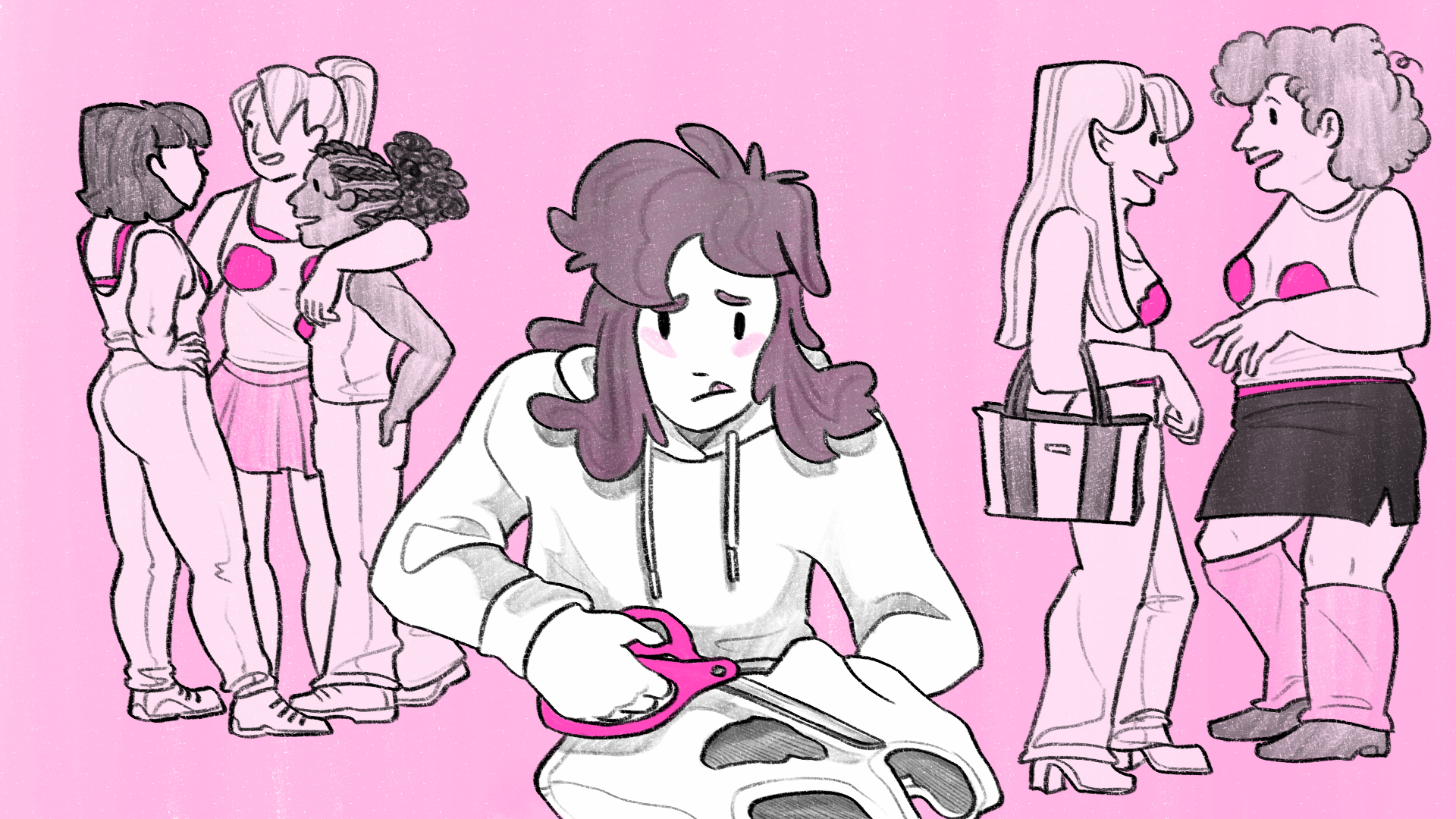
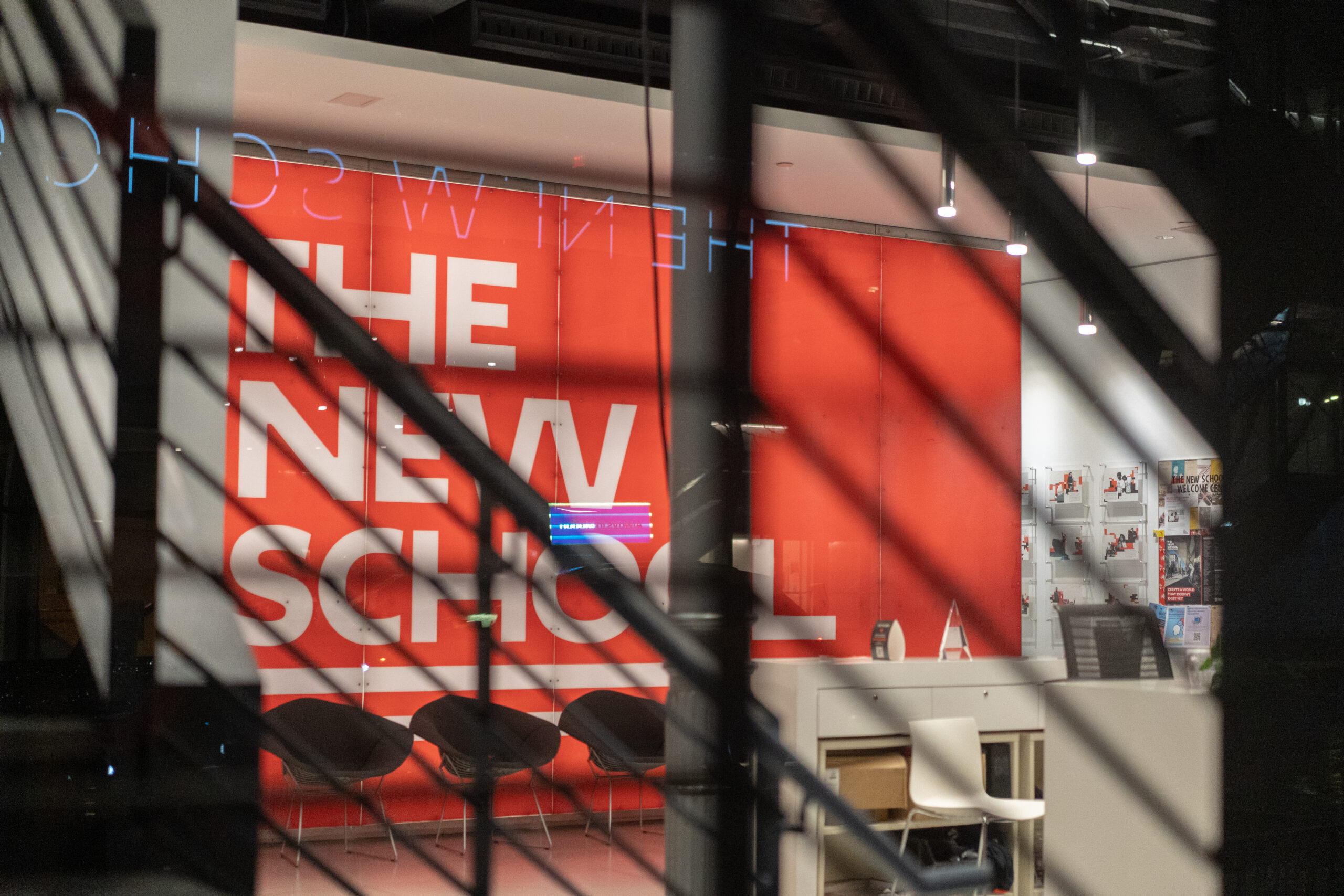
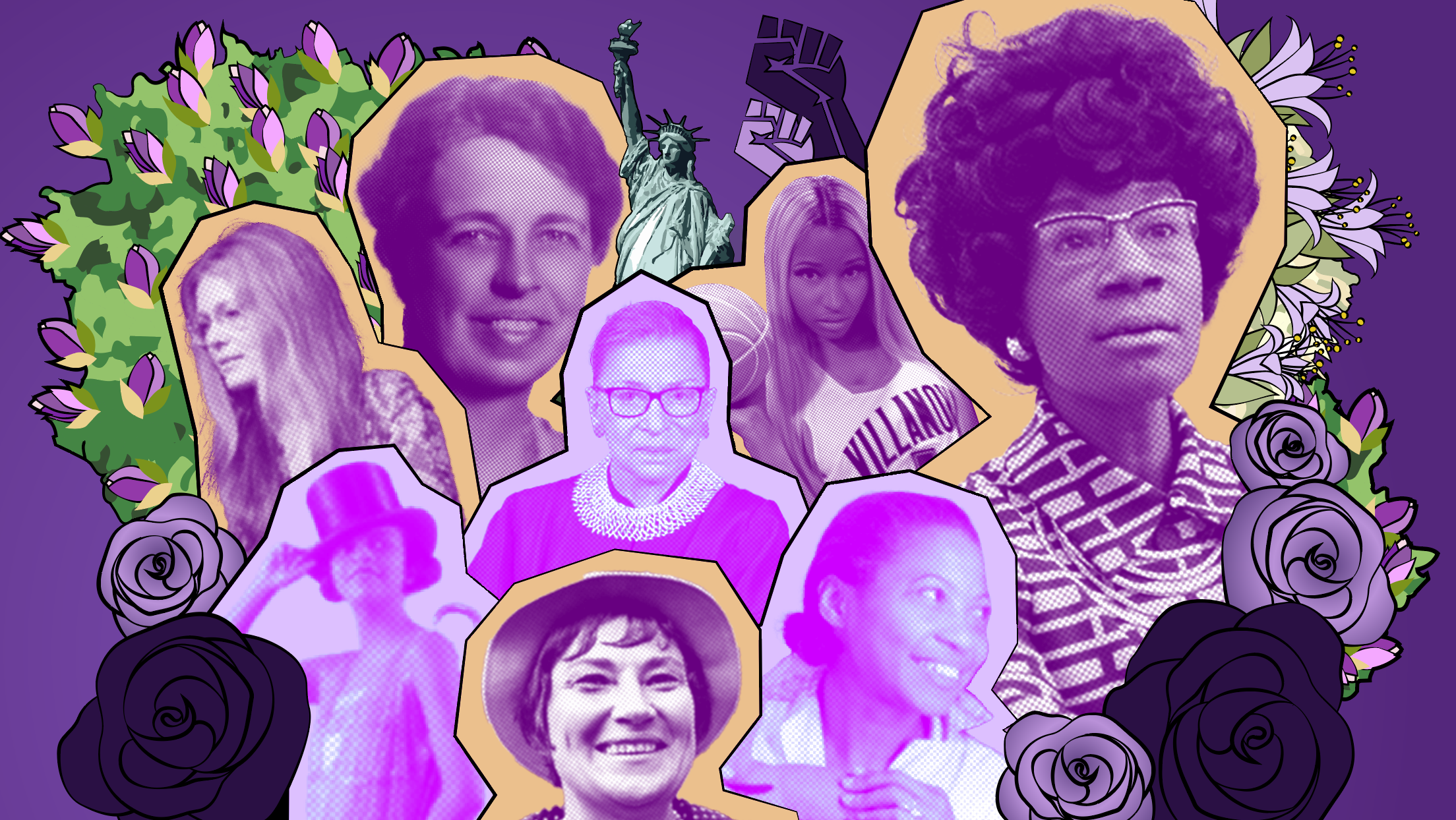

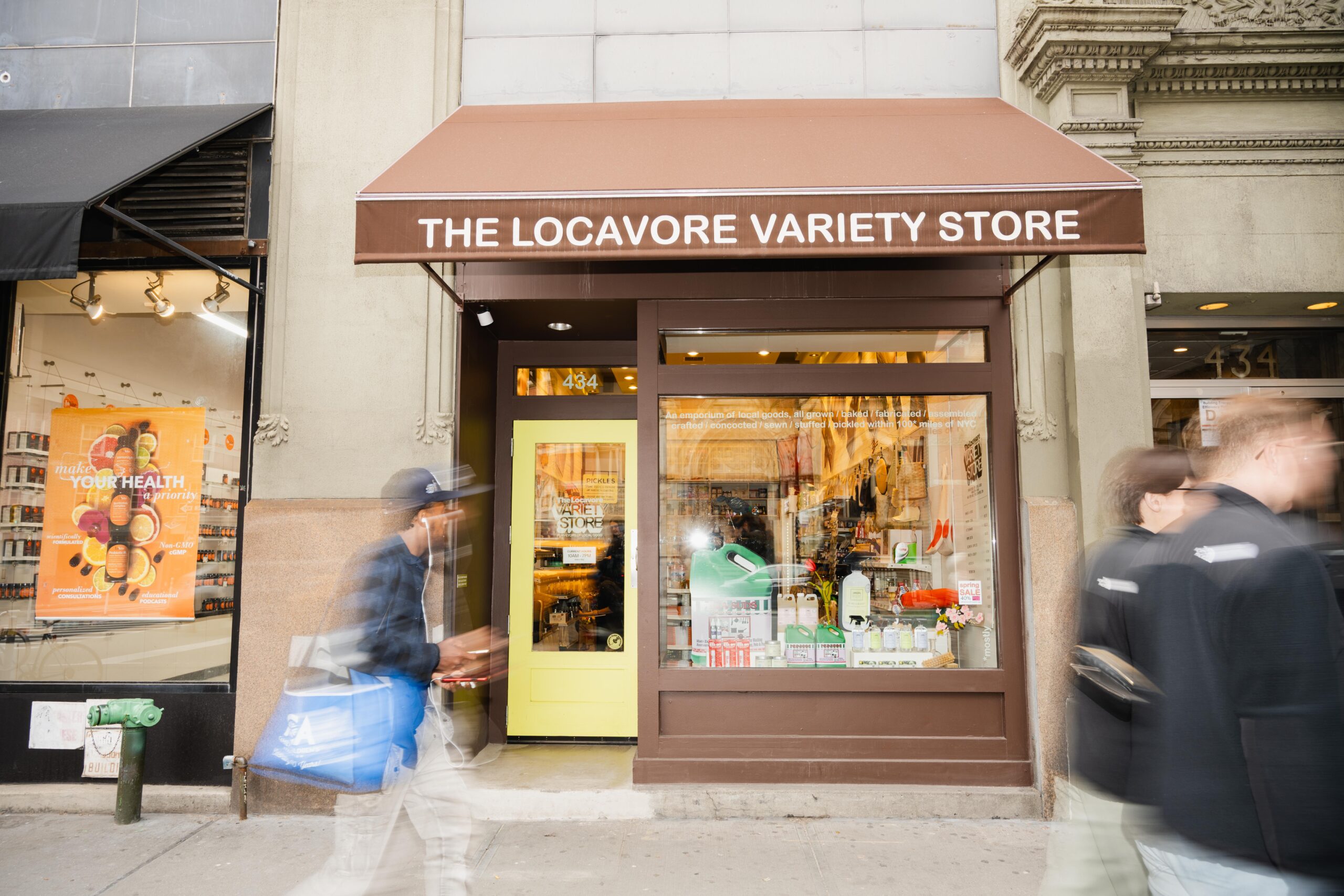
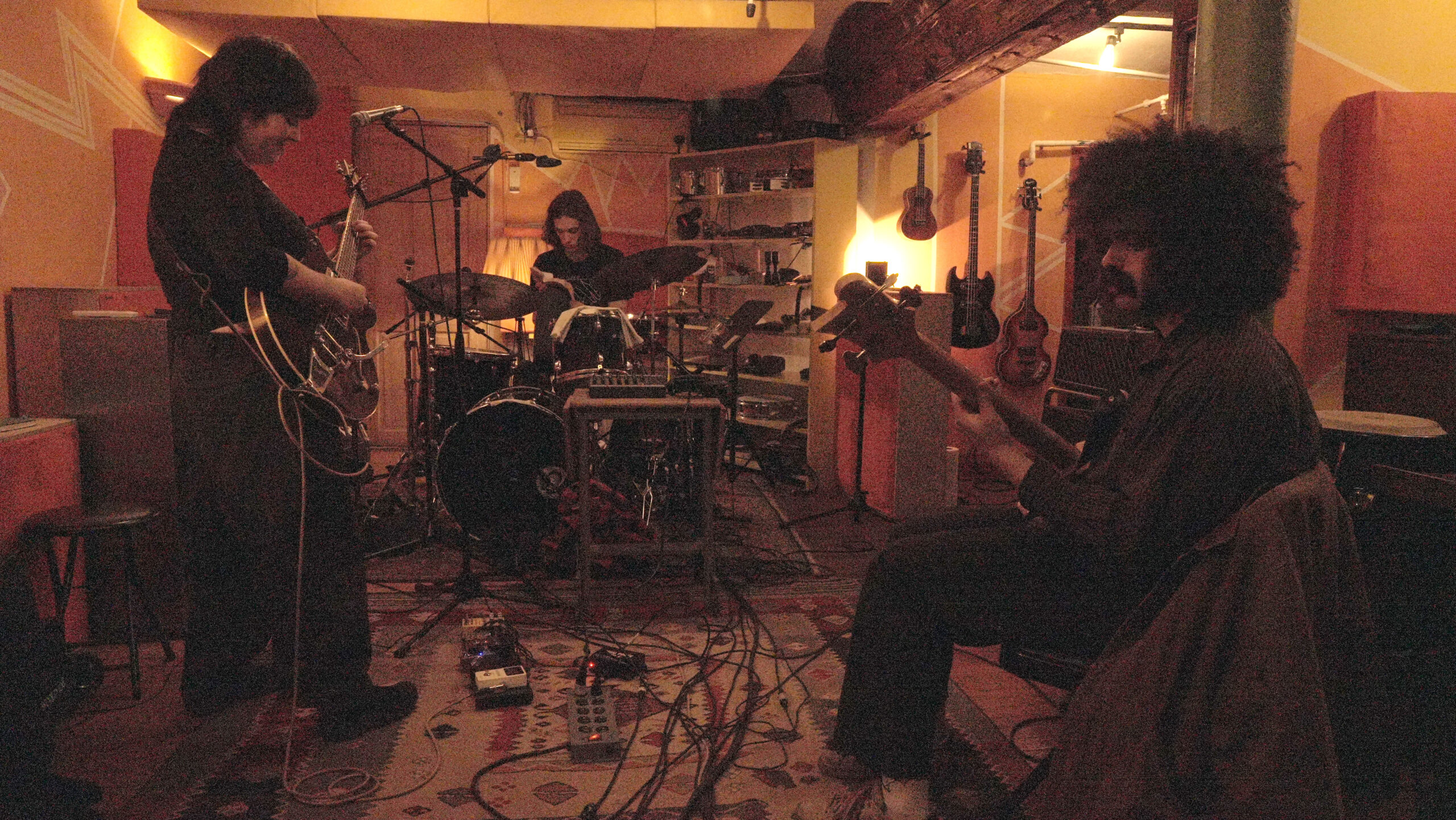
Leave a Reply